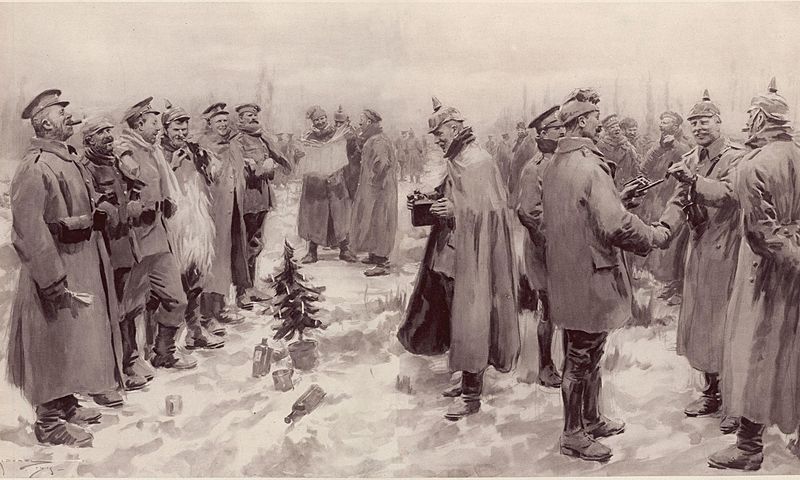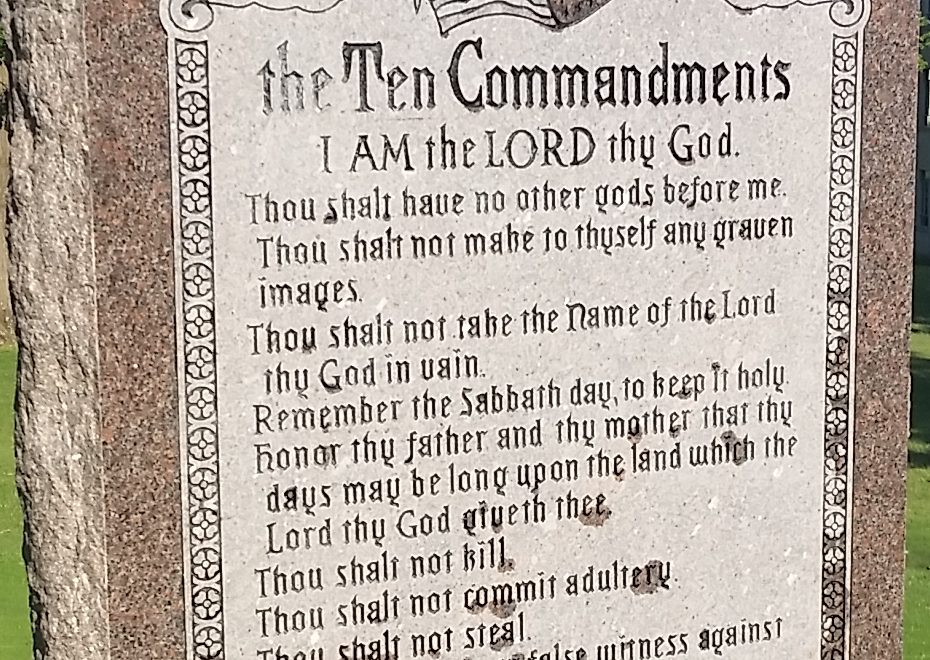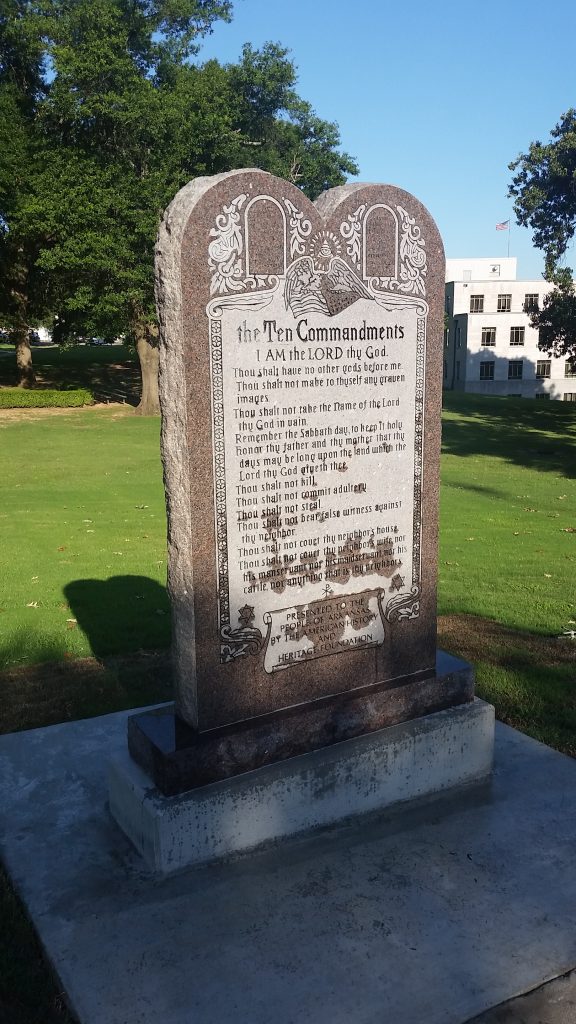Something Remarkable Happened 104 Years Ago

On December 24, 1914, something remarkable happened: Allied and German soldiers celebrated Christmas together.
In America today World War I is overshadowed in the history textbooks by World War II. But 104 years ago Europe was locked in arguably the deadliest and most destructive conflict in human history. From the trenches encircled with barbed wire to the gas clouds and artillery pieces, World War I was unlike anything people had ever known.
On Christmas Eve 1914 both sides were quietly celebrating in their respective trenches. Gradually German and British soldiers began singing carols and shouting Christmas greetings from their lines. Then a few crossed No-Man’s Land with small gifts.
Up and down the Western Front, soldiers gradually came out of their bunkers to meet one another for one of the oddest Christmas celebrations that probably ever has been.
The event has gone down in history as “The Christmas Truce of 1914.” Unarmed soldiers at war with one another sang songs, exchanged food, and played soccer.
Today there are some who say the peace and goodwill of the Christmas Truce of 1914 gives them hope for the future of mankind. But I think if we want to find true hope, peace, and goodwill we have to look further back, to a manger in Bethlehem more than 2,000 years ago.
As we look forward to Christmas, I hope you and your loved ones know the true peace of Christ this season.
P.S. If you are thinking about supporting Family Council and the Education Alliance before the end of the year, please know that you can give securely online via our website at FamilyCouncil.org. Thank you for your support.


